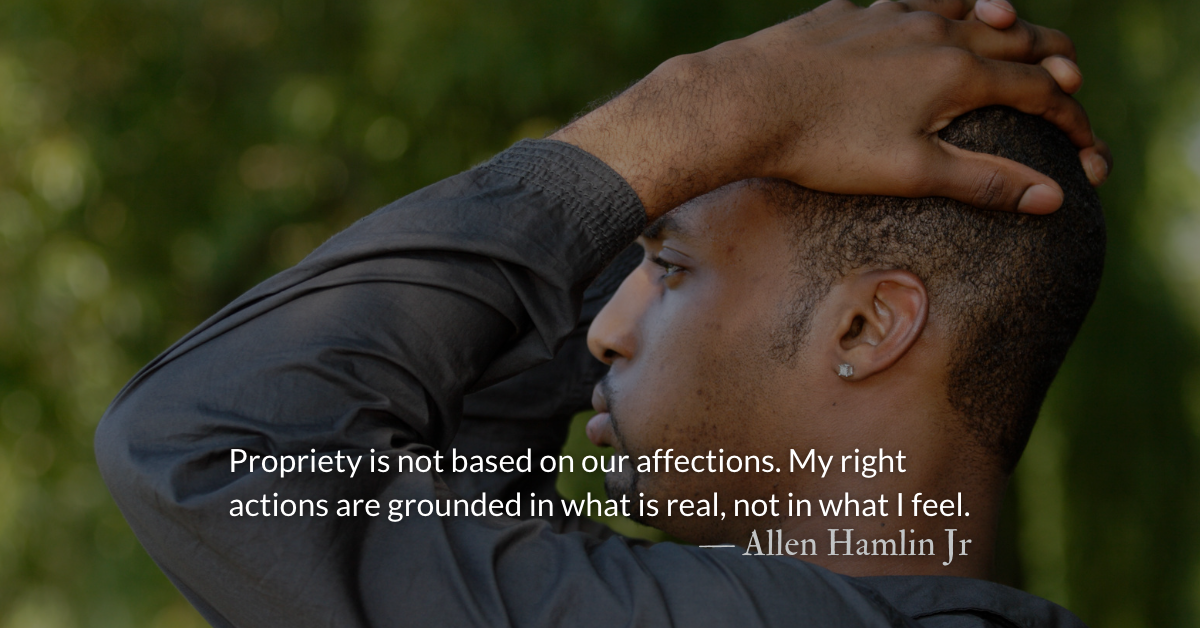Links for today’s readings:
Read: Deuteronomy 21 Listen: (3:33) Read: Romans 1 Listen: (5:02)
Scripture Focus: Deuteronomy 21.6-9
6 Then all the elders of the town nearest the body shall wash their hands over the heifer whose neck was broken in the valley, 7 and they shall declare: “Our hands did not shed this blood, nor did our eyes see it done. 8 Accept this atonement for your people Israel, whom you have redeemed, Lord, and do not hold your people guilty of the blood of an innocent person.” Then the bloodshed will be atoned for, 9 and you will have purged from yourselves the guilt of shedding innocent blood, since you have done what is right in the eyes of the Lord.
Reflection: Cold Case Justice
By John Tillman
Crime dramas usually start with a dead body.
In the mid-2000s, Cold Case, flipped that script. The show’s detectives investigated unsolved murders from decades past. The story moved simultaneously on two timelines. In the present, you watched the detectives investigate. In the past, you got to know the victim as they moved inevitably toward the day of their demise.
Cold Case typically started in the past with the sympathetic victim’s story. We developed a saying: “Don’t get sucked into Cold Case. We know how it ends!”
Knowing the victim’s fate was morbid, but seeing them first as a person, instead of an unidentified body, created a unique emotional dynamic. There was a poignant satisfaction when justice finally came for the long-unsolved crime, right before the credits rolled.
As Moses reviewed the law, he described a crime scene identical to the first murder. Like Abel, a body was found in a field, with the victim’s blood crying out to God for justice. Moses prescribed a ceremony, atoning for the community’s guilt. They confessed their failure to provide justice and pleaded for God’s mercy on the community and the victim.
Unsolved crimes are a failure of the community to establish and enforce justice. If you look up crime statistics in your county, you’ll find unsolved murders and open cases. If we observed Mosaic law, we’d be out in the field, sacrificing a cow every week.
Thank God that ultimately Jesus will bring justice for everyone. On the day of judgment, every “cold case” will be solved and every perpetrator punished as the credits of history roll. However, even though we know that no victim’s cry will go unanswered in eternity, that doesn’t mean we shrug our shoulders today and neglect our calling to establish justice and repent of our failures.
Flip the script. Think about the victims before they are statistics. Don’t merely say, “Our hands did not shed this blood,” and “Our eyes did not see it.” Let us open our eyes to see the causes of crime and suffering in our communities. Let us work with our hands to prevent poverty, lack of opportunity, and social inequality—the precursors of crime.
Are there church or community groups or programs near you addressing these problems? Devote prayer, time, or money toward them. Establishing justice is a Christian calling and preventing crime is as much a part of it as investigating crime.
Divine Hours Prayer: The Morning Psalm
Wait upon the Lord and keep his way; he will raise you up to possess the land, and when the wicked are cut off, you will see it… — Psalm 37.34
– Divine Hours prayers from The Divine Hours: Prayers for Summer
by Phyllis Tickle
Read more: Do You Feel Like It?
Despite questions, fickle desires, favorites, frustrations, or vindictiveness, we are called to remain rightly responsive to the realities of who God is, and who we are.
Read more: Degrading Each Other
“You have done it unto me.”…Whether we help or harm others, Jesus steps into the interaction.



